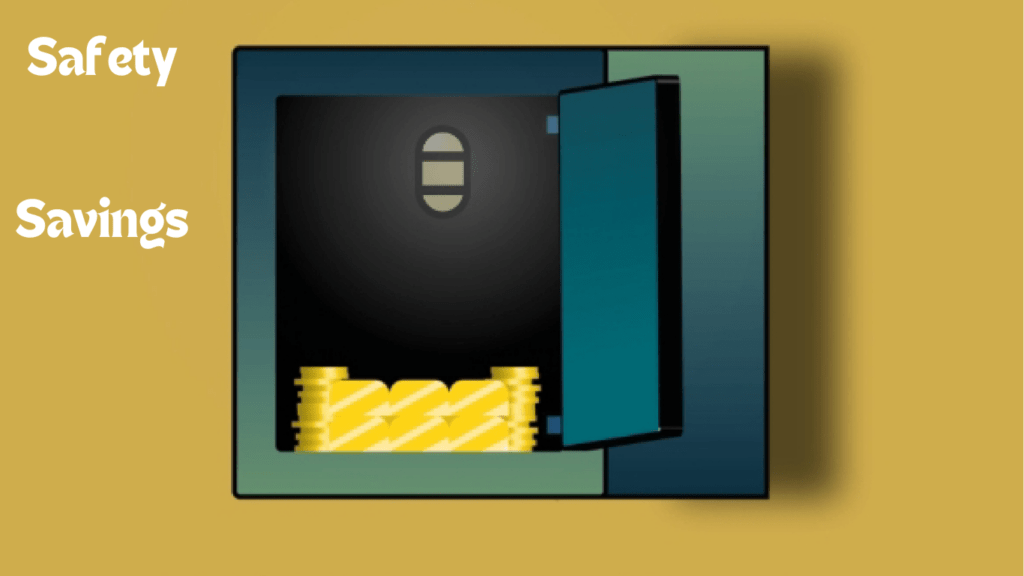Understanding Responsible Gambling
Responsible gambling ensures players enjoy gaming without falling into problematic behavior. It’s about maintaining control and making informed decisions.
What Is Responsible Gambling?
Responsible gambling involves practices that maintain a safe and enjoyable gaming experience. Players use tools like self-exclusion programs and limit-setting features to control their gambling activities.
Operators provide resources and support to help players stay within healthy boundaries. These measures allow individuals to recognize and manage risky behavior, enhancing their overall experience.
The Importance of Responsible Gambling
The importance of responsible gambling lies in protecting players from the adverse effects of excessive gambling. Effective practices reduce gambling-related harm, such as:
- financial issues
- mental health problems
They foster a healthier environment, ensuring gaming remains a form of entertainment rather than a source of distress. By promoting responsible gambling, both players and operators contribute to a safer and more sustainable industry.
New Initiatives in Responsible Gambling
New initiatives in responsible gambling focus on creating safer experiences for players. They include government regulations, policies, and industry-led programs.
Government Regulations and Policies
Governments worldwide implement policies to ensure responsible gambling. For instance, in 2022, the United Kingdom’s Gambling Commission introduced stricter rules for advertising.
These regulations aim to protect vulnerable individuals by limiting exposure to gambling ads.
In Australia, the government established the National Consumer Protection Framework.
This set of measures includes mandatory pre-commitment programs and self-exclusion registers. Countries like Sweden have strengthened their licensing systems to ensure gambling operators follow responsible practices.
Industry-Led Programs
The gambling industry has also launched several programs to promote responsible gambling. Operators like Bet365 and 888 Holdings offer tools such as reality checks and deposit limits. These features help players stay aware of their gambling activities.
The “Have a Game Plan” initiative by the American Gaming Association educates players on responsible betting. Another notable program is Kindred Group’s commitment to achieving 0% revenue from harmful gambling by 2023.
Industry leaders are actively working to integrate safer gambling measures, enhancing the overall player experience.
Tools for Players
Operators provide various tools for players to ensure responsible gambling practices. These tools help manage play habits and reduce potential risks.
Self-Limitation and Self-Exclusion Features

Self-limitation tools, like setting deposit limits or wagering caps, help players control spending. Players define daily, weekly, or monthly caps to prevent overspending. For example, Bet365 allows users to set these limits directly in their account settings.
Self-exclusion features enable players to take temporary or permanent breaks from gambling activities. If someone needs time away to regain control, they can activate this feature to restrict their access.
Many operators, such as 888 Holdings, offer self-exclusion options ranging from a few months to several years.
Reality Checks and Timely Notifications
Reality checks provide reminders about the time spent gambling. Players receive notifications after a set period, like every hour, promoting awareness and helping them decide whether to continue.
For instance, the Kindred Group integrates these alerts within their platforms to ensure users are mindful of their playing time.
Timely notifications alert players about their gambling activities, such as reaching predefined limits or changes in account status. Immediate alerts make players aware of their current situation and encourage responsible decisions.
Operators like Bet365 and 888 Holdings offer these alerts as part of their commitment to responsible gambling.
Evaluating the Effectiveness of New Measures
Assessing the impact of new responsible gambling tools requires a thorough approach.
Research and Case Studies
Researchers have conducted numerous studies on the effectiveness of responsible gambling measures.
For example, a 2021 study by the UK Gambling Commission assessed self-exclusion programs and found a 60% success rate in helping participants reduce or stop gambling entirely.
Universities and independent organizations often analyze data from these initiatives, providing insights into their efficacy. Casinos and online operators, like Bet365, also share anonymized user data with researchers to facilitate these studies.
Feedback from the Gambling Community
Gathering feedback from the gambling community offers valuable insights into the real-world application of these tools.
- Many players have reported positive outcomes from self-exclusion features and limit-setting tools offered by operators, citing improved control over their gambling habits.
- Forums and surveys conducted by organizations like GamCare illustrate that timely notifications and reality checks help increase awareness and encourage responsible decisions.
- Feedback loops between players and operators are essential for refining these tools and addressing any challenges that arise.
By combining rigorous research with direct feedback from users, the industry can continually improve responsible gambling initiatives, ensuring they remain effective in promoting player well-being.



